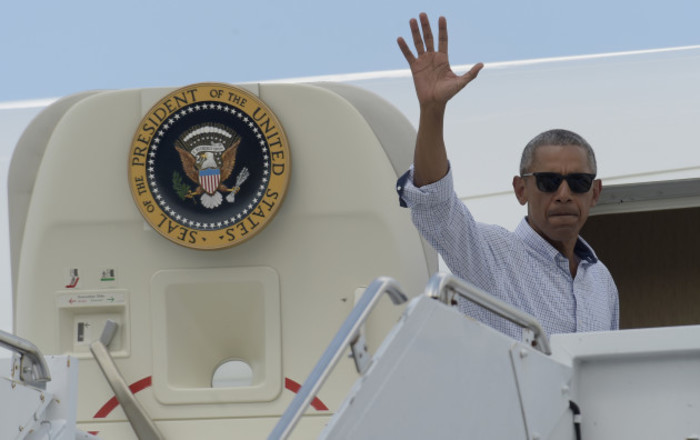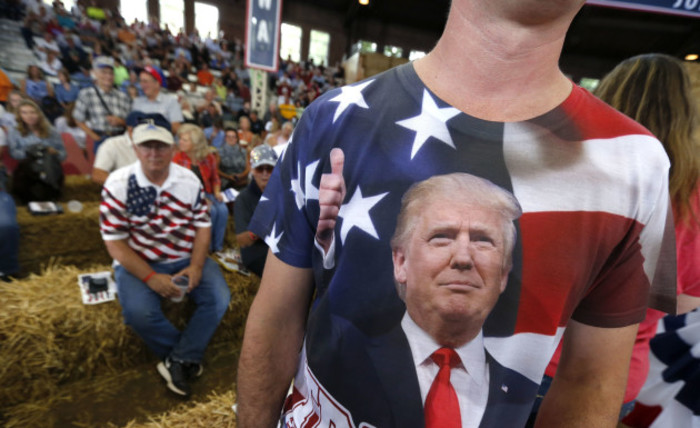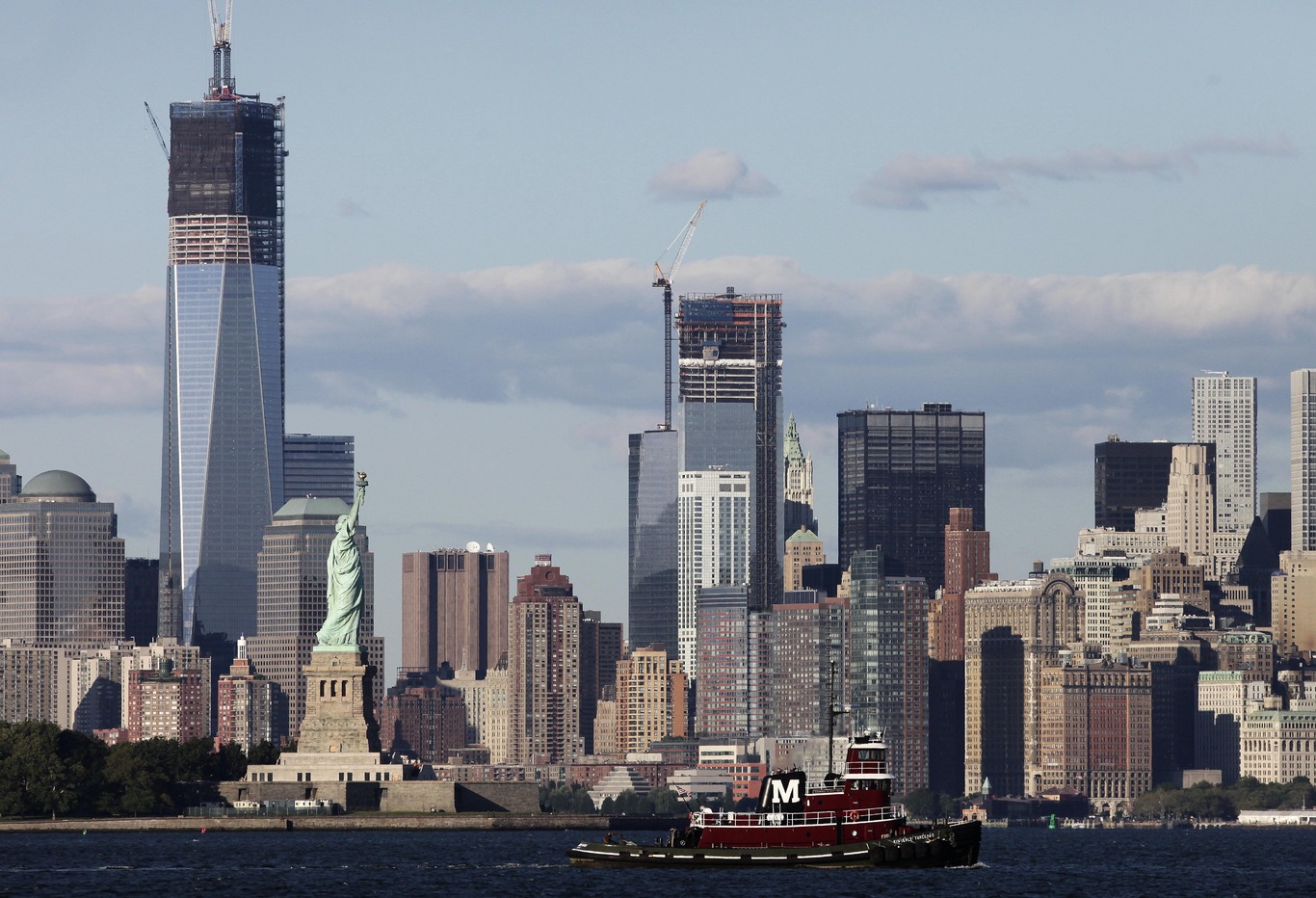There's a new startup visa for foreign founders who want to live the American dream
Irish entrepreneurs who have raised a big chunk of cash from American investors could be eligible.
BARACK OBAMA DOESN’T have much time left in the White House and it seems like he’s going to spend part of his final months in office making it easier for entrepreneurs to live the American Dream.
The president’s administration has unveiled plans to introduce the International Entrepreneur Rule, which would allow foreign startup founders to move to the US if they have secured funding from American investors.
Successful applicants for the visa would be allowed to stay in the US for two to five years, however, there could be an option to extend their stay at the end of the term.
It’s not time for Irish startup founders that have raised venture capital from the US to celebrate just yet. The proposal will only come into effect after a 45-day comment period and previous attempts by Obama to bring in a similar ‘startup visa’ have fallen flat due to congressional opposition to new immigration legislation.
Hit a hitch
The new rule could also hit a hitch if Obama fails to force it through before the end of his term. Should Republican presidential candidate Donald Trump get elected, he is likely to scrap the proposal because he is against special visas for skilled workers
If democratic candidate Hilary Clinton secured the White House, she has promised to go even further than Obama by handing out visas to any foreigner with a masters or doctorate in the field of science, technology, engineering and mathematics (STEM).

However, there is room for optimism that the proposal will take effect this year because the International Entrepreneur Rule draws on legislation from the Immigration and Nationality Act and will not require significant reform of immigration laws.
Under the Immigration and Nationality Act, the US government is allowed to give temporary visas to individuals if there is “significant public benefit” and Obama’s team has argued that granting temporary visas to founders could create a lot of new jobs and stimulate the economy.
Ireland already has a system in place that grants any citizen from the European Economic Area (EEA) or Switzerland to set up a business in Ireland without permission and separate schemes that allow non-EEA nationals to establish a company on these shores.
Under the Startup Entrepreneur Programme (STEP), entrepreneurs from outside the EEA that have already secured €50,000 in funding can start a company in Ireland if the startup is judged to be capable of creating 10 jobs and hitting €1 million in sales within three years.
There is also another scheme that grants non-EEA citizens a 12-month visa in order to attend incubators or accelerator programmes in Ireland.
Only companies involved in science, technology, engineering or mathematics can apply for the STEP programme.

Qualifying
According to the International Entrepreneur Rule, there will be no restrictions on the numbers of people who can be let into the country, however, there will two tiers of admission and strict criteria that will rule out a lot of founders.
To qualify for tier one and get an initial two-year visa, entrepreneurs need to own at least half of their company and have raised more than $345,000 from US investors or alternatively $100,000 from US state agencies. If founders want to go into tier two and take extend their visa to the full five years, it gets a bit more complicated.
Tier two requirements:
- Entrepreneurs need to retain 10% of their business.
- They need to have raised an additional $500,000 from more US investors.
- Annual revenue must be over $500,000 and show 20% year-on-year growth.
- Some 10 jobs must have been created in the US
- The company must continue to be run from America.
The new rule is expected to raise the number of startups founded by immigrants in the US. At present, around one quarter of new businesses in the US were founded by foreigners.





